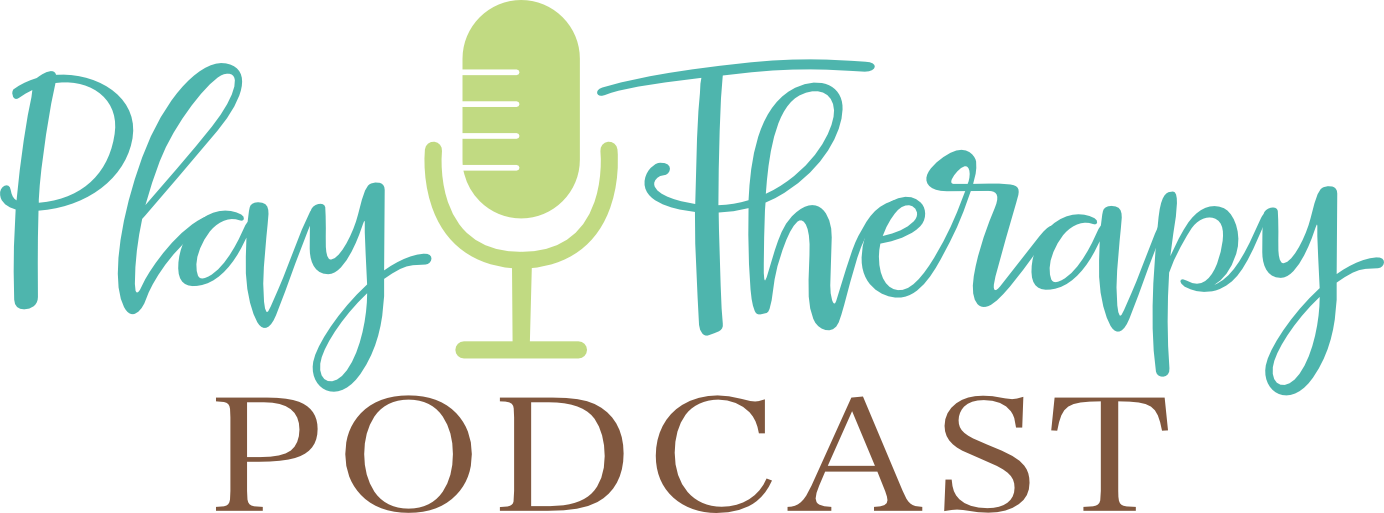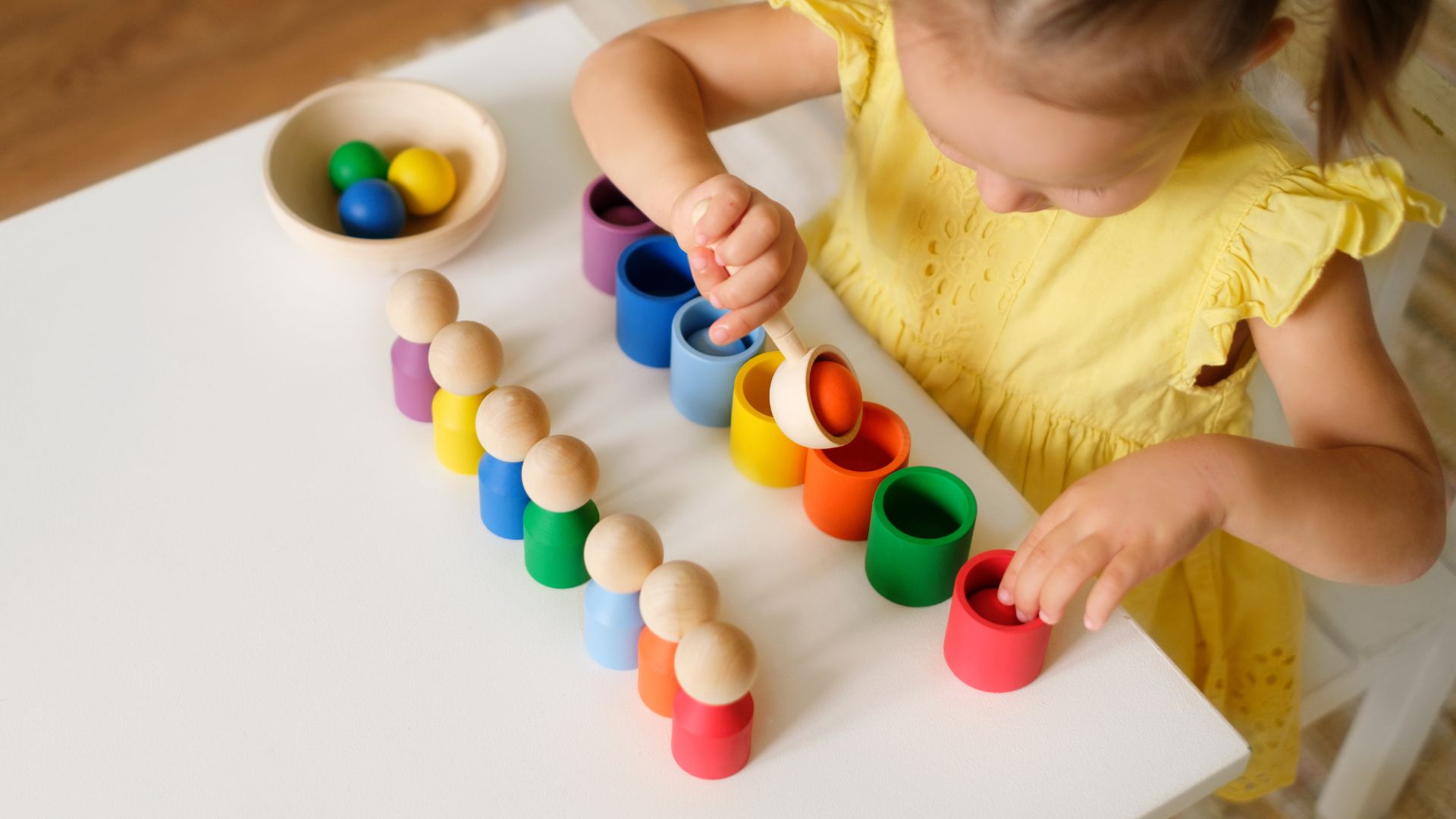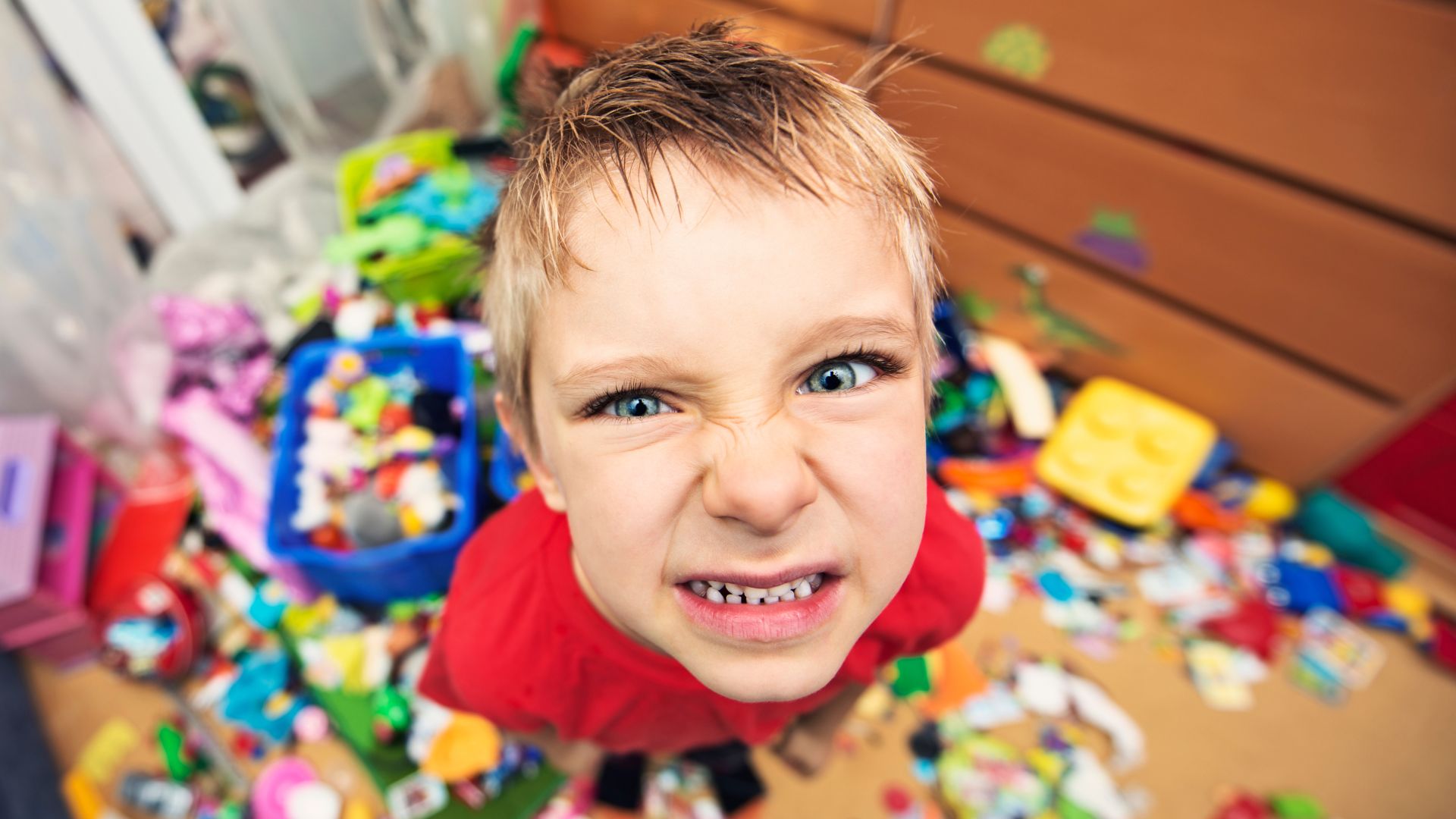Podcast Episodes
102 | Sorting Play Theme In Play Therapy
In this episode, we wrap up our exploration of the Control and Safety themes with a focus on 'sorting play.' I share an anecdote from my graduate school experience, illustrating what sorting play entails and its significance in a child's play process. Sorting play...
101 | Therapist Dilemma: What To Do When A Child Falls Asleep In Session
In this episode, I addressed a question from a listener, Kianna in Pennsylvania, who is in an internship and recently inherited a playroom. She's working with three boys whose parents are going through a divorce, and one of the boys has been falling asleep during the...
100 | Mess-Making Play Theme in Play Therapy
In this episode of the Play Therapy Podcast, I dive into the theme of mess making play in child-centered play therapy. Mess making play is when a child intentionally creates chaos and disorder within the therapeutic playroom. I explain that this behavior can manifest...
99 | From Meltdowns to Milestones: Supporting Parents and Children in Play Therapy
In this episode, I respond to a question from Kaylee in Georgia regarding how to support parents in child-centered play therapy. It's crucial to prepare parents for the fact that behaviors can initially worsen before improving during therapy. This knowledge helps them...
98 | Cleaning Play Theme In Play Therapy
In this episode of the Play Therapy Podcast, I'm excited to explore the cleaning play theme. As a child-centered play therapist, I've observed various ways children engage in this type of play, from physically cleaning toys to tidying up the playroom. I break down the...
97 | The Art Of Not Answering: Remaining Child-Centered When Children Ask Questions In The Playroom
In this episode of the Play Therapy Podcast, I address a common concern from our listeners: how to handle children's questions during play sessions while maintaining a child-centered approach. Three listeners share their experiences and questions on this matter. Lily...
96 | Instability Theme In Play Therapy
In this episode of the Play Therapy Podcast, we're diving into the theme of instability. It's a theme that often partners up with others like good versus bad play or rescue play. Picture this: in a child's play, things are always on the edge of falling or falling...
95 | How To Stay True To Child-Centered Play Therapy With Teens And Tweens
In this episode of the Play Therapy Podcast, we dive into a question raised by three listeners: Nneka from England, Anna from Canada, and Grace from California. They're curious about adjusting child-centered play therapy for tweens and teens, a topic important as kids...
94 | Bridge-Building Play Theme In Play Therapy
In this episode of the Play Therapy Podcast, I explore the world of bridge building play, a theme within the broader category of control and safety. Bridge building play isn't just about literal bridges; it includes structures children create to connect various...
93 | Tuning In: The Power Of Tone Of Voice In Play Therapy
In this episode of the Play Therapy Podcast, I delve into a topic of the power of tone of voice in play therapy. A listener from Maryland named Batsheva posed an excellent question about how our tone can profoundly impact a therapy session. I discuss the significance...
92 | Self-Fixing Theme In Play Therapy
In this episode of the Play Therapy Podcast, I delve into a significant theme: self fixing in the context of play therapy. We've explored fixing and failure to fix before, but self fixing presents a unique perspective. It's when a child perceives something broken...
91 | Play Therapy’s “Progress Puzzle”: Navigating Norms, Progress, and Expectations
In this episode of the Play Therapy Podcast, I respond to a thoughtful question from Julia in California. Julia's concern revolves around children's progress not aligning with the standard timeline or phases seen in therapy. She specifically asks about children not...
90 | Failure To Fix Theme In Play Therapy
In this episode, I delved into another control and safety theme—the "failure to fix" theme. It's a counterpart to the "fixing play" theme we explored last time. Understanding these play themes is vital for effective therapy. Failure to fix happens when a child...
89 | Navigating Messy Play: Balancing Client Needs And Cleanliness In The Playroom
In this episode of the Play Therapy Podcast, I delve into the crucial topic of managing messy play within the therapeutic setting, especially when dealing with limited resources (if you don't have an office manager to help you clean between sessions). I stress the...
88 | Fixing Play Theme In Play Therapy
Today, we're diving into the "fixing play" theme in child-centered play therapy. This theme often follows "broken play" and is closely tied to control and safety themes. In essence, it's about a child or character working to mend something broken through actions like...















